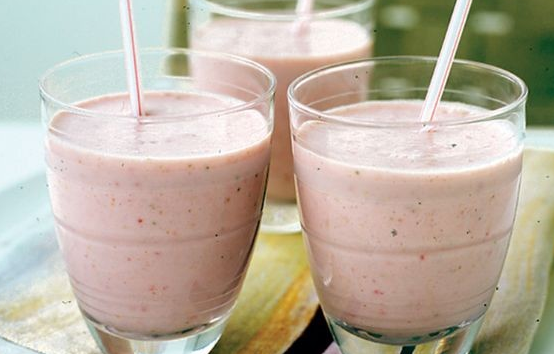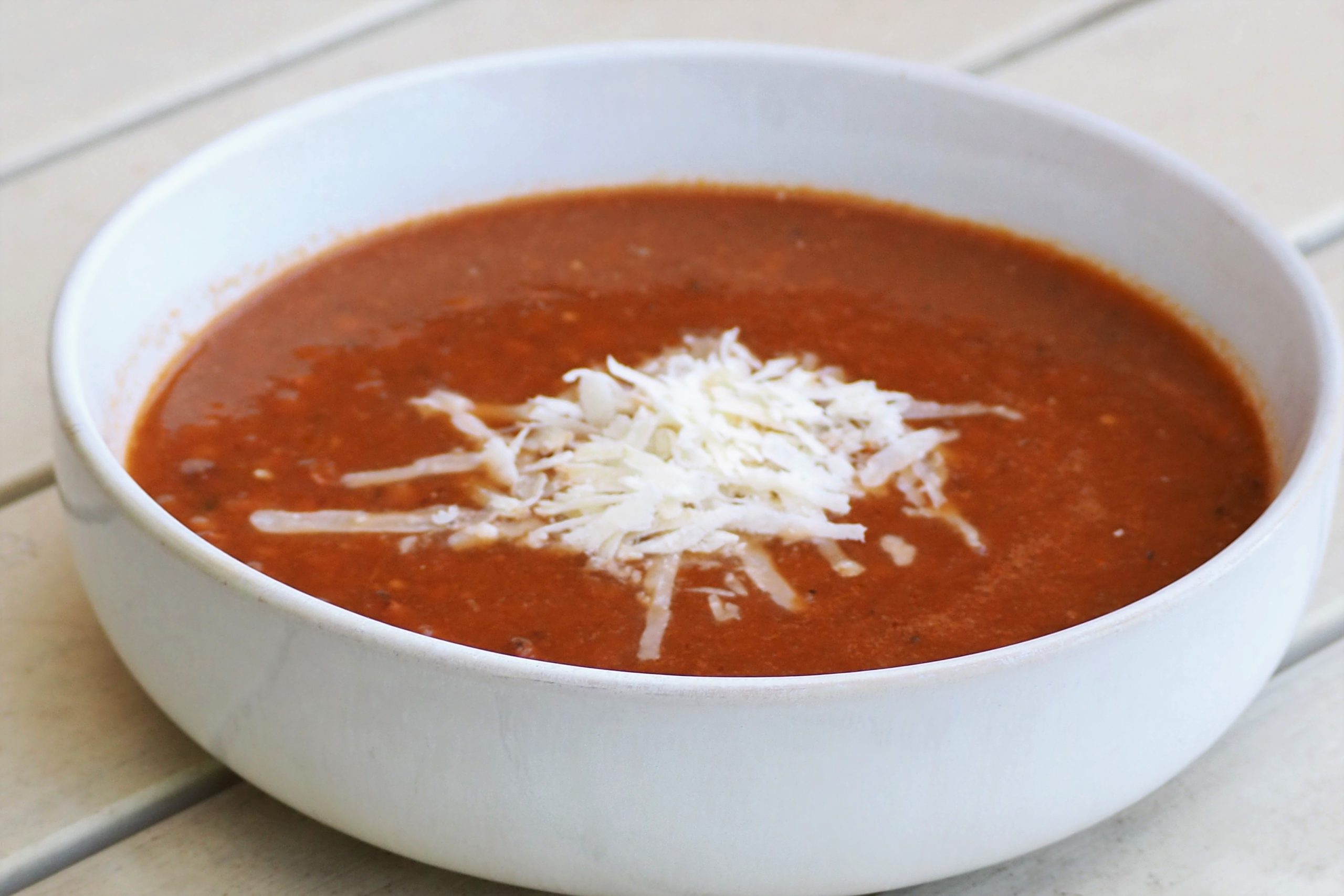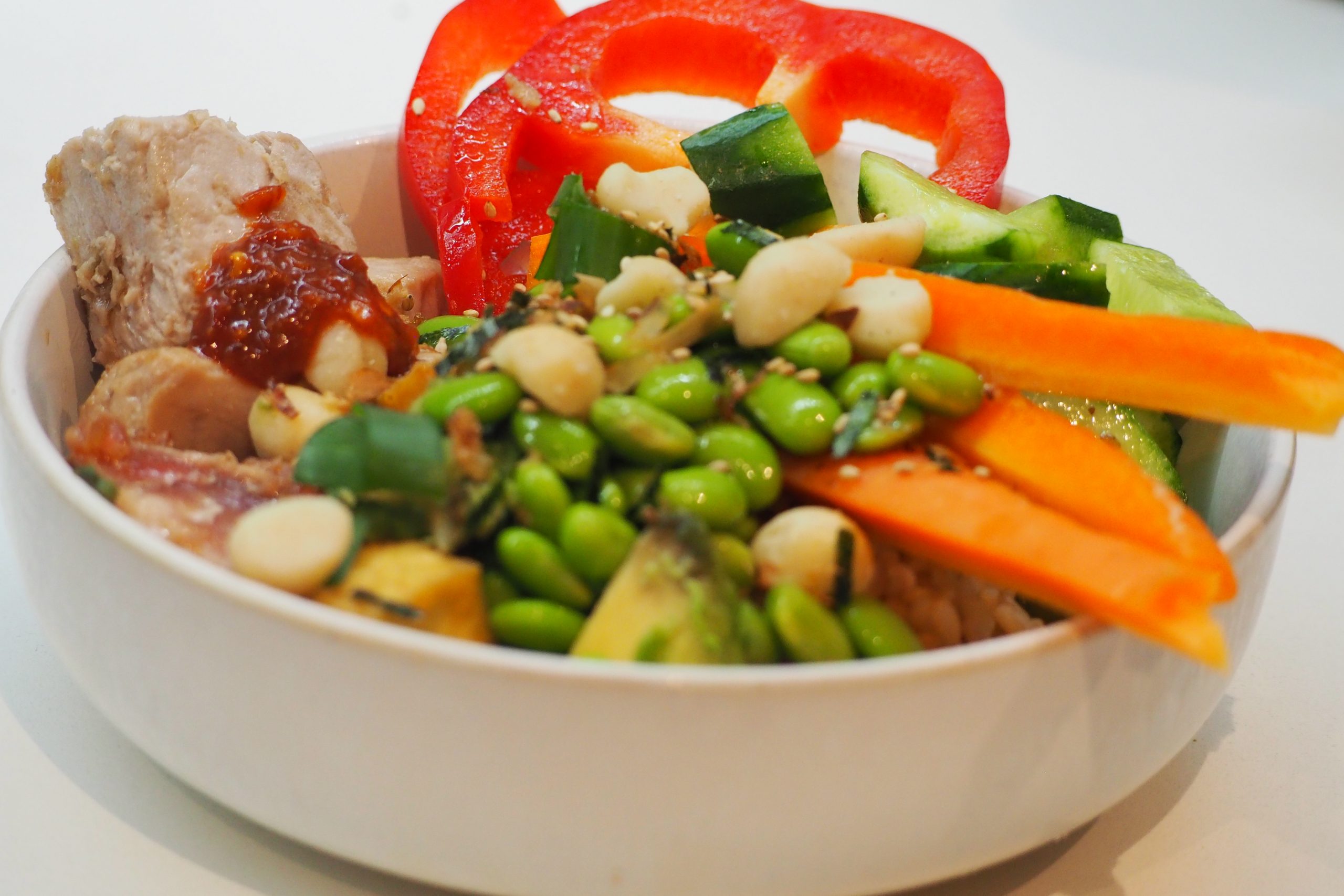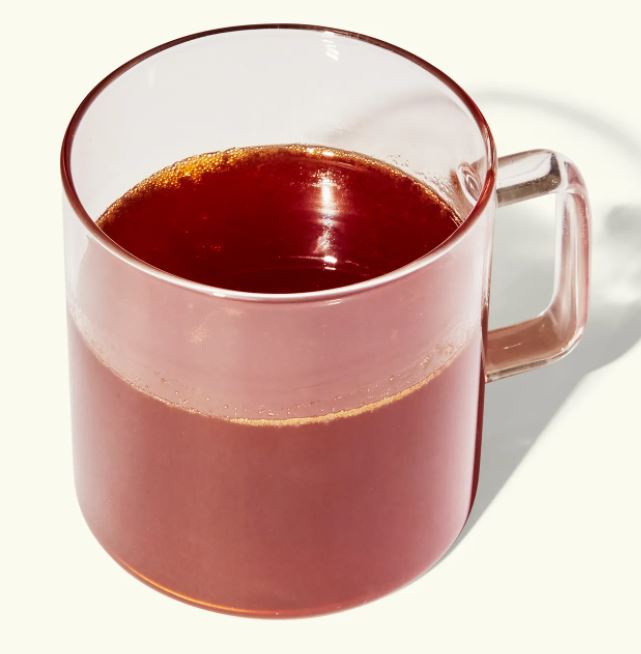Nutrition impacts of radiotherapy
The nutritional side effects of radiotherapy depend on the area being treated, the dose and the duration of treatment. This tip sheet oulines how radiotherapy helps in treat cancer and how you can manage the side-effects that may affect your nutritional or dietary intake needs.
What is radiotherapy
Radiation therapy, or radiotherapy, uses directed rays of radiation to destroy the DNA of cancer cells, which prevents them from growing and multiplying. Although it is targeted at the cancer cells it may also hit healthy cells, and this can contribute to side effects. The therapy is delivered in small consecutive doses, usually from somewhere between two to ten weeks, and is commonly used to treat cancers of the breast, head, neck, brain and colon. It is also often used in combination with other types of treatment such as chemotherapy (chemoradiation) and surgery.
Nutritional side effects of radiotherapy
The nutritional side effects of radiotherapy depend on the area being treated, the dose and the duration of treatment. They also depend on whether the therapy is used in combination with other treatments such as chemotherapy. Typically, side effects present at around two to three weeks into treatment and can last around two to six weeks after treatment has finished. The main side effects which can impact on nutritional health are those which affect the mouth region, including mouth ulcers and saliva and taste changes. The other region prone to side effects is in the gastrointestinal tract.
Common nutritional side effects of radiotherapy
| Area of treatment | Possible side effects affecting nutrition |
| Brain, spinal cord | Nausea, vomiting, loss or increase in appetite |
| Head and neck (tongue, larynx (voice box), tonsils, salivary glands, nose area, oesophagus or throat or lung | Sore mouth and throat, difficulties or pain with swallowing, taste and smell changes, thick or sticky saliva, loss of appetite, fatigue |
| Breast | Sore throat, difficulties swallowing, heartburn or reflux, fatigue and loss of appetite |
| Stomach, large of small bowel, pelvic region, cervix, uterus or ovaries, rectum, pancreas, prostate | Nausea, vomiting, diarrhoea, gas, bloating, lactose intolerance, loss of appetite, digestion difficulties, changes in bladder function, fatigue |
Way to try to support your nutrition health during radiotherapy
- Do not come into treatment on an empty stomach. Try to eat a higher protein breakfast. Start with something like muesli and milk with fruit or eggs on wholegrain toast. If you are experiencing difficulties eating or have altered bowel function try something that is soft, lower in fibre and perhaps try a lactose free milk or yoghurt. If you are nauseas, try nibbling on salty crackers and sipping on something like coke or ginger beer (it can help).
- If you are travelling a long distance to your treatment centre, bring a snack with you, such as a breakfast or high protein smoothie or yoghurt drink, a high protein cereal bar or nuts and dried fruit. You can freeze higher protein breakfast or yoghurt drinks or pouches overnight so that they are cold the next day. For example try the high protein Yopro drinks or yoghurt, Fuel, Up & Go (available in the supermarket)
- Depending on the catering options at your treatment centre, you may also want to bring in some bigger snacks or your lunch. It is best to include some lean protein, such as a sandwich or pita containing chicken, tuna, cheese or egg with salad, or you could try peanut butter. You could also bring a small thermos flask of a hearty soup or soft left overs if you are having difficulty chewing and swallowing whole foods. Other options are yoghurt, small tins of stewed fruit, or pasta salads.
- Alternatively you may be able to buy some treat nourishing foods on your way to treatment, perhaps treating yourself to a delicious higher protein sandwich, a hearty soup, sushi, smoothie, milkshake or yoghurt. You can grab these items from a café or supermarket or the likes of Harris Farm etc.
- Avoid heavy, fried or greasy food if you are not feeling well. It is also best to avoid foods with a pungent aroma. Also be mindful of people around you in the waiting room or treatment suite who also may not be feeling well. It is best not to bring in foods with strong smells.
- Aim to drink about 1-11/2 L of water or other fluids on and after your treatment day. It is a good idea to bring your own water bottle and sip slowly on it across the day. Ensuring you drink enough water will hydrate you and flush the system. If you find drinking water difficult or losing weight, you can flavour it with a cordial or barley water such as elderflower, lemon or orange. Alternatively you can use sports drinks such as Lucozade or Gatorade.
- If you have been following a special diet to help lower your cholesterol or manage diabetes, it is important to know whether restricting your diet is important during the time you are in treatment, especially if you are having trouble eating. Do discuss this with your doctor or dietitian.
- Take extra care with food hygiene. Make sure the food you eat has been refrigerated, is fresh and keep away from salad or buffet bars where food has been sitting out on display for a while.
- It is also important to remember that there are lots of effective medicines to deal with nausea, vomiting, reflux, bowel changes and mouth and skin problems. It you have tried a particular medicine to be unhelpful or if your problem has continued it is important to inform your doctor or treatment nurse. You may need a change in the dose or another medicine altogether. To often people are having problems eating, loosing weight or having a terrible time with nausea or bowel problems suffer in silence and this means that they are at risk of nutrition health compromise.. Often, side effects do not go away like a headache, and it is better to speak up sooner rather than later if you are having any difficulties.
- As appointments for radiotherapy are usually frequent and sequential, you will need to spend some time to stock up and fill the fridge or pantry with options. This should include some easy and portable snacks, as well as options that enable you to prepare easy, but wholesome meals that can help to support the treatments. Try the Cancook advance prep recipes and where possible try to set aside an hour or two at the start of the week to prep a few meal bases in advance. This will be a big help if you are tired or busy with lots of appointments
- If you are experiencing side effects eating and not managing at least 80% of your usual dietary intakes then it is important to discuss these with your treatment nurses or your doctor and ask for a referral to the dietitian. It is important that you let them know of any problems sooner, rather than later. Nutrition health is something that is important to the overall treatment of cancer. For example, the immune system which has a pivotal role in helping with cancer treatments uses around 1/3 of your daily nutrient intakes. If you are not eating well and this continues for weeks or months they you will be at risk of muscle wasting, lower blood counts, electrolyte changes, increased rates of infection, fatigue and a lower mood.
A cancer specialist dietitian works alongside your medical team to check if your overall dietary intakes are enough to meet your needs, the needs of the treatments and to treat nutrition problems such as loss of appetite, weight loss (muscle), weight or shape changes (due to menopause or hormonal treatmets), altered bowel function and loss of energy or fatigue. Jane Freeman is a cancer dietitian who will then put this all together in a meal plan outline that includes the detail of what, when and how much. She will also recommend the most suitable nutrition or foods supplements if needed.
Fruit smoothies can be a great way of boosting your nutritional intakes whilst you are in treatment for radiotherapy





